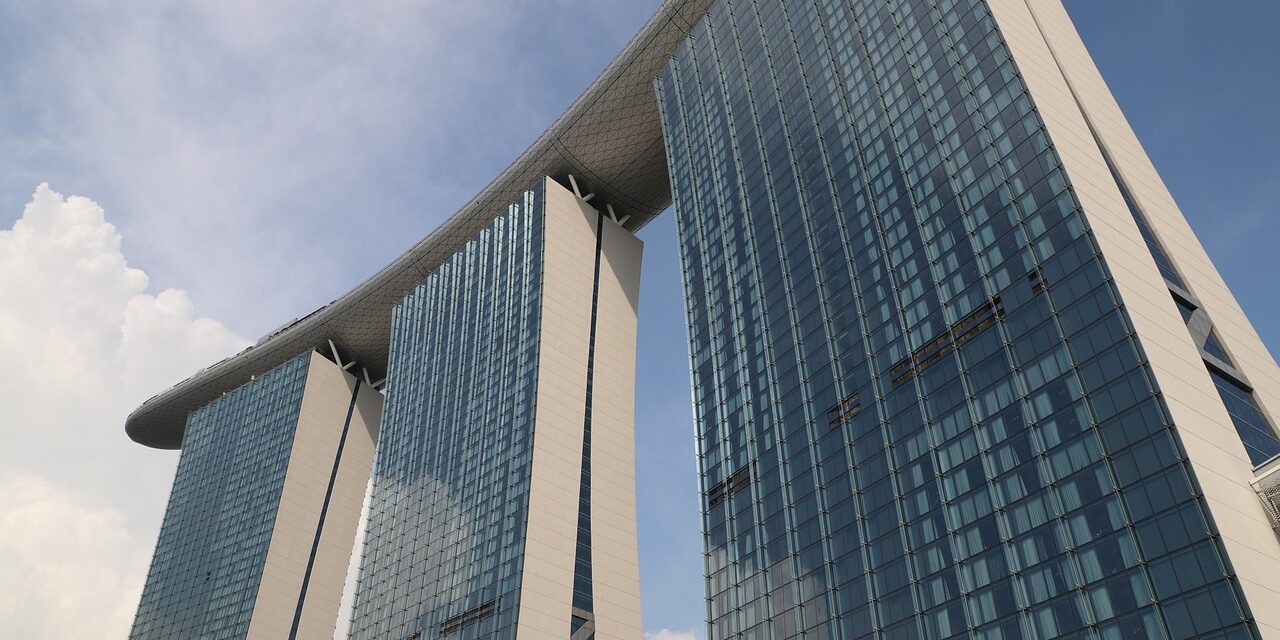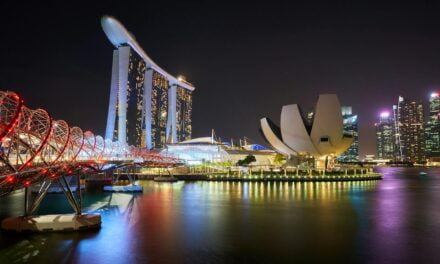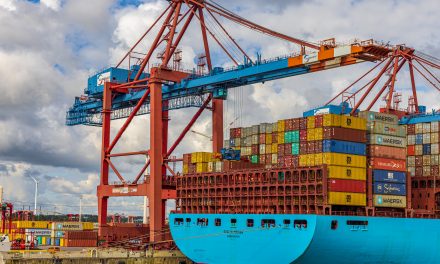Singapore inflation was a mixed bag in August, official figures showed Monday, as counter-currents were at play amid an overall downward trend.
“While core inflation slightly exceeded expectations, overall headline inflation continued to slow year-on-year and has reached a 40-month low in August on a year-on-year basis,” Ahmad Mobeen, Senior Economist at S&P Global Market Intelligence, told Diplomatic Network (Asia) in an interview.
The Monetary Authority of Singapore’s core inflation figure, which excludes accommodation and private transport, came in at 2.7% year-on-year in August, heating up from July’s 2.5% print. Rising prices in the Services sector were largely the culprit.
Meanwhile, headline inflation cooled to 2.2% year-on-year in August thanks to a fall in Private Transport prices, which more than offset the heat from the Services sector. This was compared to July’s headline inflation print of 2.4%.
“The uptick in core inflation was driven by higher services costs, particularly holiday-related expenses, and rising prices for household durables, which pushed retail inflation up. Other categories either remained stable or saw a decline, with private transport experiencing deflation due to falling car prices,” Mobeen said.
On a month-on-month basis, core consumer price inflation rose 0.3%, while the headline CPI increased by 0.7%.
Deep dive
Private Transport prices cooled by 1.0% year-on-year in August, due to a steep decline in car prices. This was compared to a 0.9% year-on-year rise in prices in July.
Services inflation rose 3.3% year-on-year in August, heating up from July’s 2.9% rise.
“Services inflation rose as holiday expenses picked up more strongly while airfares recorded smaller declines,” MAS said.
Accommodation inflation ticked up 2.9% on a yearly basis in August, slowing from a 3.1% rise a month before. This was due to a slower increase in housing rents.
Food prices increased 2.7% year-on-year in August, unchanged from July’s print. An increase in non-cooked food prices was offset by a fall in food services inflation.
Turning to the Electricity & Gas segment, inflation stood at 6.6% year-on-year in August and July.
Retail & Other Goods ticked up 0.4% compared to the year prior in August due to a larger rise in the price of household durables. July’s print showed a 0.3% year-on-year increase.
Analyst insight
S&P Global Market Intelligence’s outlook for 2024 remains unchanged at 2.5%.
“This will be primarily driven by continued easing in private transport and accommodation inflation, as more housing completions come online. Core inflation is also expected to ease in third quarter of 2024 into 2025, due to reduced import pressures and a softer labor market,” Mobeen said.
Despite the expected downward trend, risks to S&P Global Market Intelligence’s baseline inflation projection are skewed slightly upward.
“Persistent supply constraints have taken business lead times lengthening rate to its most pronounced in 19 months, according to the August S&P Global Singapore PMI survey,” Mobeen said.
“Shipping and supply issues, alongside higher transport, and input material costs, have driven up purchase prices. At the same time, wage inflation rose at the third-fastest pace on record for Singapore since the survey began.”
This means that inflation in Singapore is being driven by a combination of shipping and supply chain disruptions, rising transport and material costs, and increasing wages.
Meanwhile, global supply issues have caused delays and shortages, pushing up the prices of imported goods, while higher transport and input material costs are making production more expensive.
At the same time, wage inflation in Singapore is climbing at the third-fastest rate on record, as businesses raise salaries to attract and retain talent. These factors together are contributing to an overall rise in prices, placing upward pressure on inflation across the economy.
“All these could add to price pressures in the months ahead. Additionally, of course, rising global energy and food prices, fueled by geopolitical tensions or adverse weather, could further intensify inflationary pressures,” Mobeen said.







